
This course includes the exploration, appraisal, and development of oil and gas resource plays. It identifies the data that need to be collected, how to analyze and interpret them, and how to integrate and apply this knowledge to the decision-making process. Case studies from a number of active plays.
Best Seller
Senior Reservoir Engineer with more than 15 years of experience specialized in Field Development Planning in one of the giant companies in Egypt
Senior Reservoir Engineer with more than 15 years of experience specialized in Field Development Planning in one of the giant companies in Egypt
This course will help you improve business performance by developing a solid understanding of unconventional resource engineering concepts and terminology, as well as improving your technical communication with the engineers and geologists in your team.
The course provides an assessment process for selecting the unconventional resource plays within your company’s concession. You will learn characterization and valuation of the plays, and the importance of assessing reserves at a project.
These subjects and many more are addressed in this fast-paced, extremely informative course covering all aspects of best practices of the drilling, completion, evaluation, and reservoir engineering with whom they interest in getting to a multi-disciplinary unconventional resource evaluation teams. It also discusses future directions in unconventional resource in Egypt.
Current relevant technical papers presenting new ideas and concepts are reviewed in class helping participants stay abreast of the latest technology.

The drilling fluid in the well is very similar to the blood in your body, you should test your blood and read your body messages for you and act accordingly to keep yourself healthy. Drilling fluid also send you messages about your well, you should understand your drilling fluid, know its functions, test its properties, and read your well messages to keep your well stable, safe, and efficiently perform your drilling process.

From primary raw general guidelines to detailed sophisticated modeling studies

Organizing, analyzing, and managing data for efficient oilfield operations.

Principles and techniques of well stimulation using hydraulic fracturing methods.

A Comprehensive Nodal Analysis Theory and Practice

Performing and interpreting production logging tools to assess well performance.

Performing and interpreting production logging tools to assess well performance.

Organizing, analyzing, and managing data for efficient oilfield operations.

modeling well performance and production optimization through nodal analysis.

Principles and techniques of well stimulation using hydraulic fracturing methods.

Design, installation, and optimization of electric submersible pump systems.

Planning and executing well perforations to optimize reservoir drainage.

Organizing, analyzing, and managing data for efficient oilfield operations.

Applying rate transient analysis to assess reservoir performance and predict future production.

Core Python programming concepts applied to engineering and data tasks.

Advanced principles and techniques of pressure transient analysis for reservoir evaluation

Designing and executing acid treatments to enhance well productivity.

Techniques and procedures to prevent and manage wellbore kick and blowouts.

Analysis of subsurface formations using logs for reservoir characterization

Techniques for performing complex well interventions safely and efficiently.

Principles and design of gas lift systems to enhance production efficiency.

Simulation of thermal enhanced oil recovery techniques using CMG software.

Studying stress, strain, and rock mechanics to support reservoir management and drilling.

Design, installation, and optimization of electric submersible pump systems.

Strategies to maintain well integrity throughout the well lifecycle.

Master essential skills in Python, SQL, data analytics, machine learning, and MLOps. Gain hands-on experience and practical knowledge to effectively apply advanced data science techniques in the oil industry.

Design, operation, and optimization of sucker rod pumping systems in wells.

More than 20 cases from practical life covering different concepts in Analytical Reservoir Engineering

Hands-on modeling and simulation of reservoirs for production forecasting and planning

Managing process risks to prevent accidents and ensure operational safety.

Ensuring continuous and efficient flow of hydrocarbons through production systems.

Ensuring continuous and efficient flow of hydrocarbons through production systems.

Leveraging Power BI for visualization, analysis, and decision-making in oil & gas data.

Techniques and applications of coiled tubing for well intervention and maintenance.

The Progressing Cavity Pump (PCP) is emerging as a game-changer in oil production. Compared to traditional artificial lift methods, PCPs offer numerous advantages.
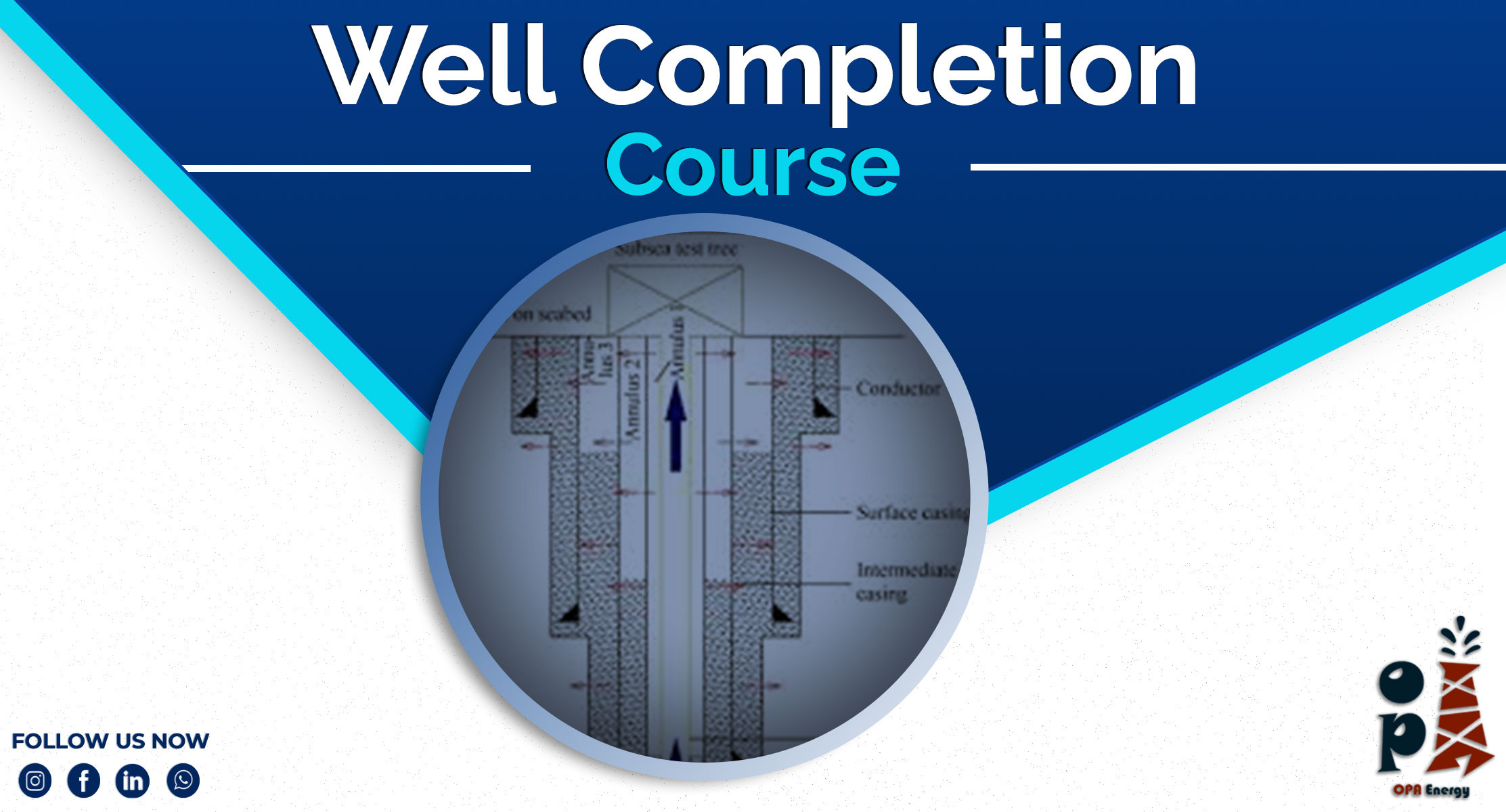
Design and execution of well completions for optimal production and safety.
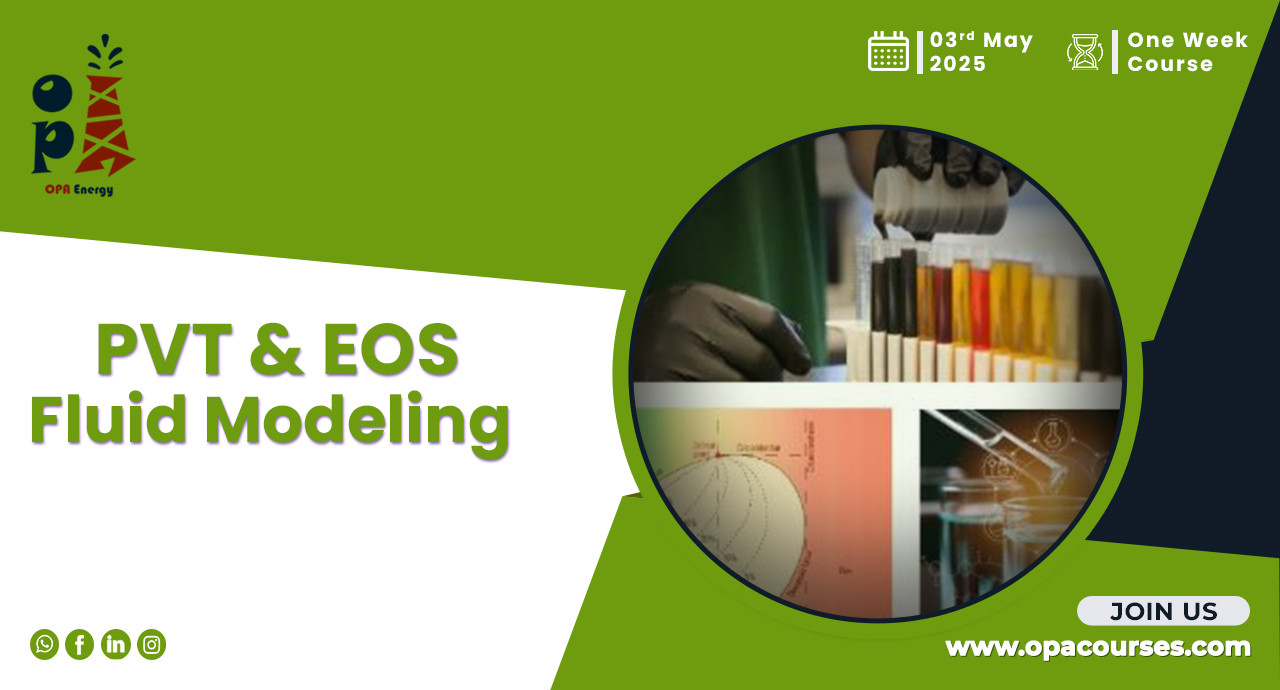
Understanding reservoir fluid behavior and modeling using PVT analysis and equations of state
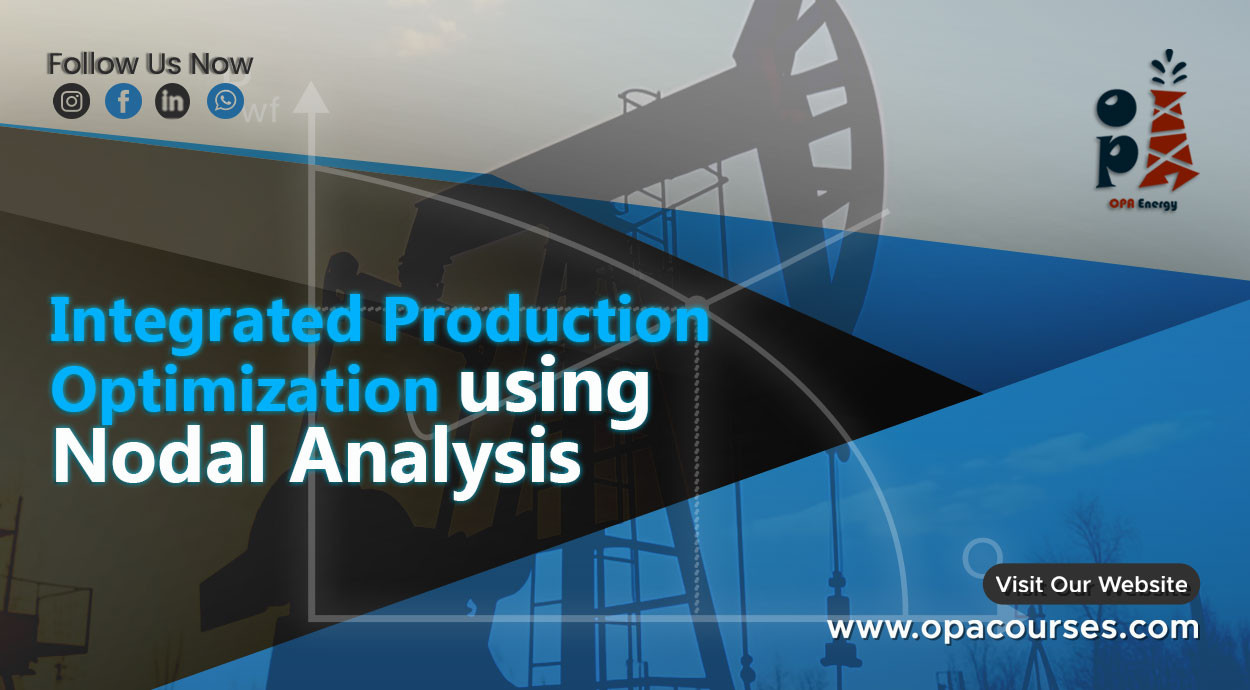
Optimizing well and field production performance using nodal analysis techniques.
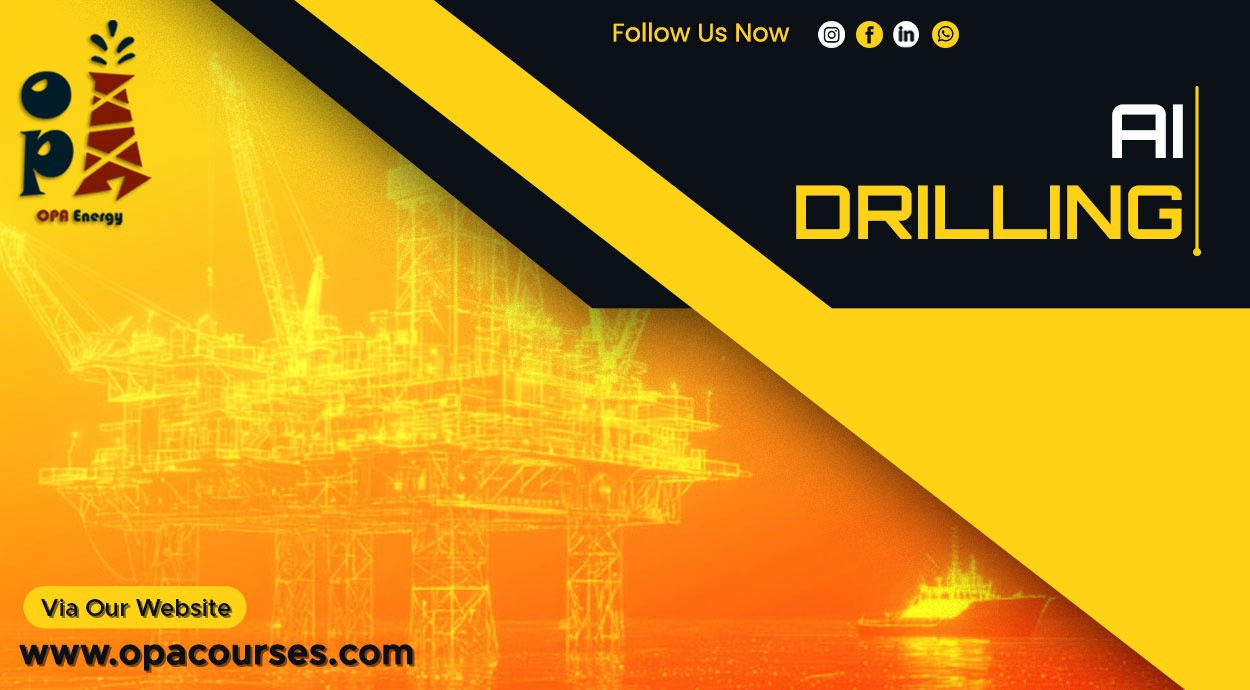
Training on applying AI and machine learning techniques to optimize drilling operations and enhance decision-making.

Comprehensive training on analyzing and interpreting seismic data to identify subsurface structures and hydrocarbon reservoirs.
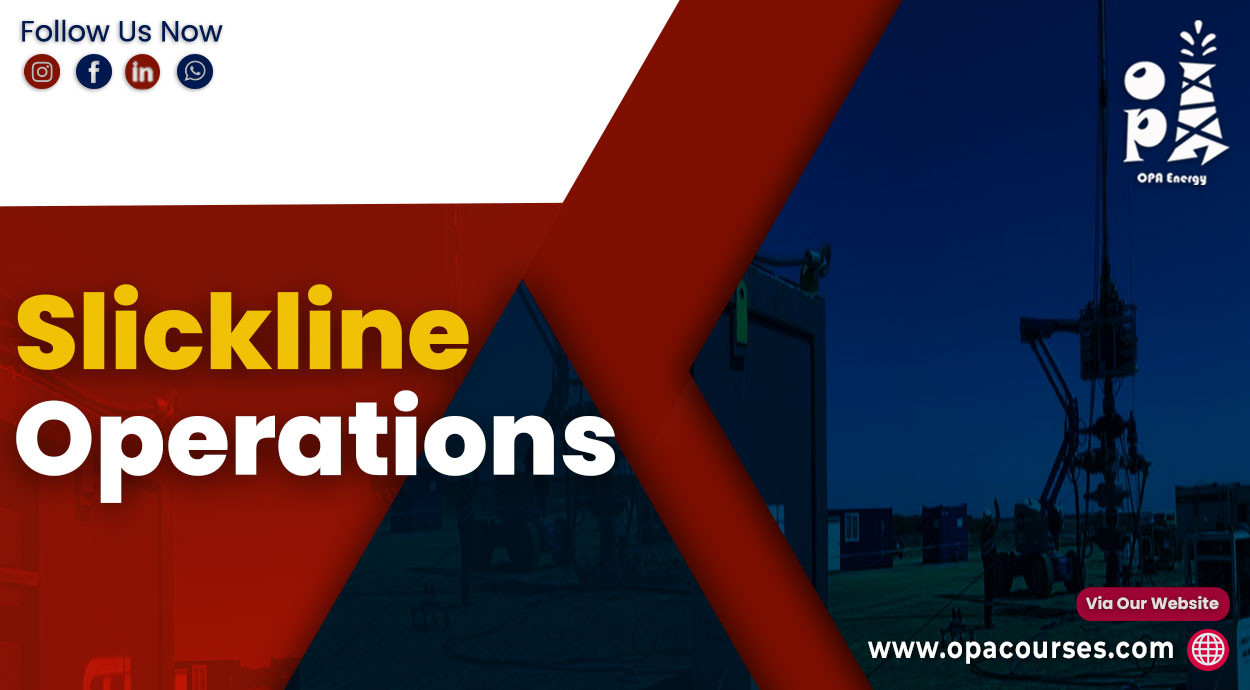
Practical course covering slickline tools, techniques, and operations for well intervention, maintenance, and data acquisition.
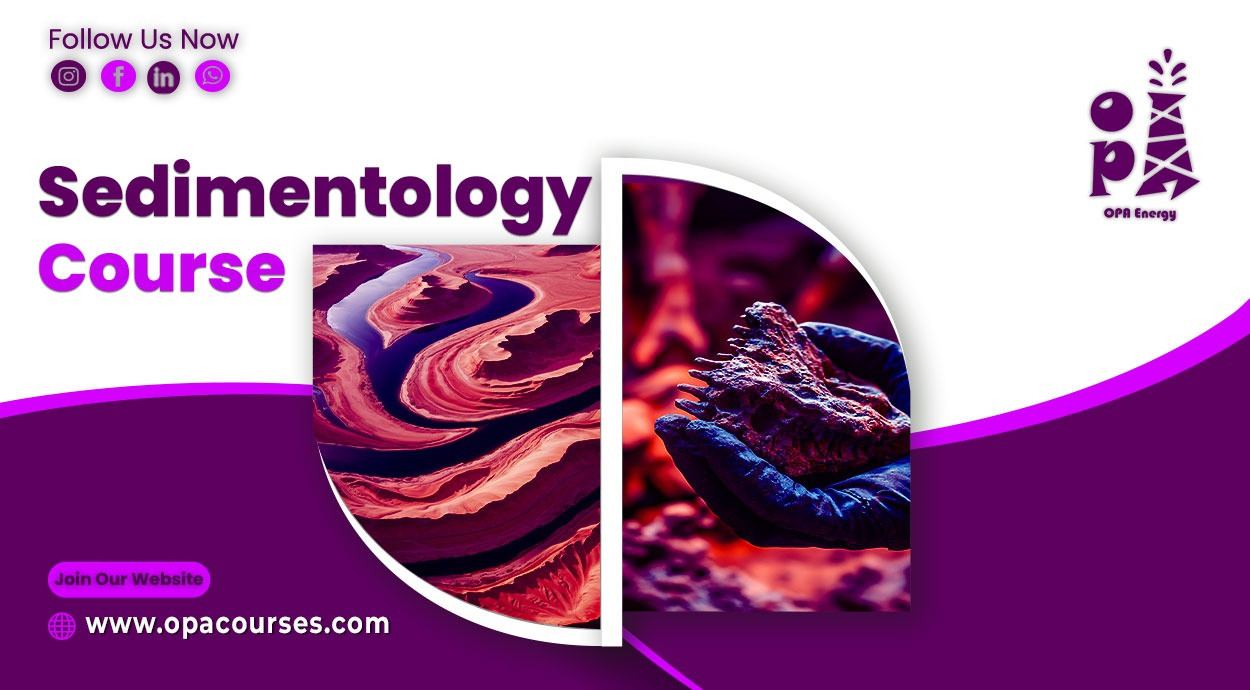
Comprehensive course on sediment formation, transport, and deposition processes to interpret sedimentary environments and basin evolution.